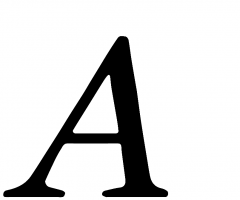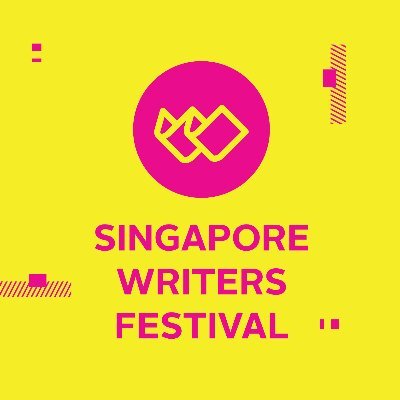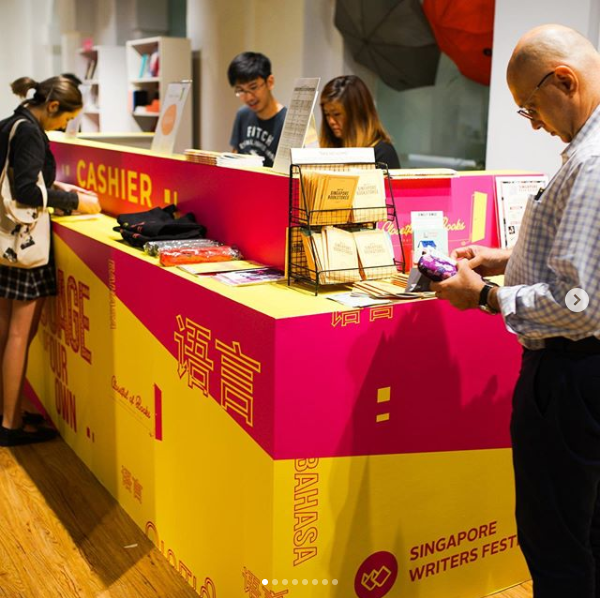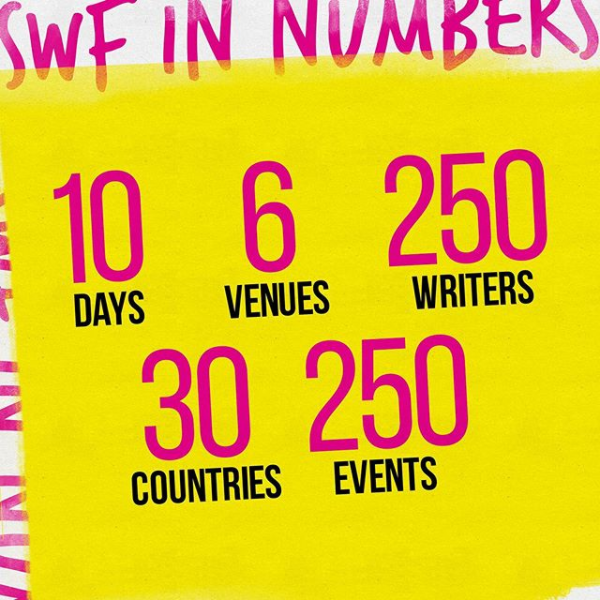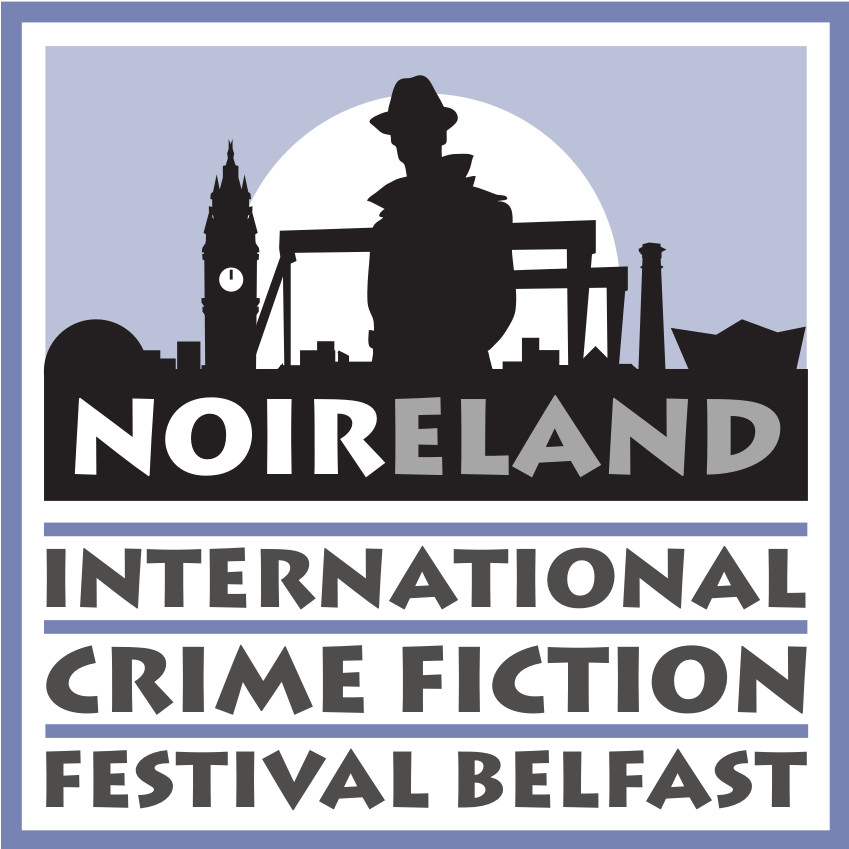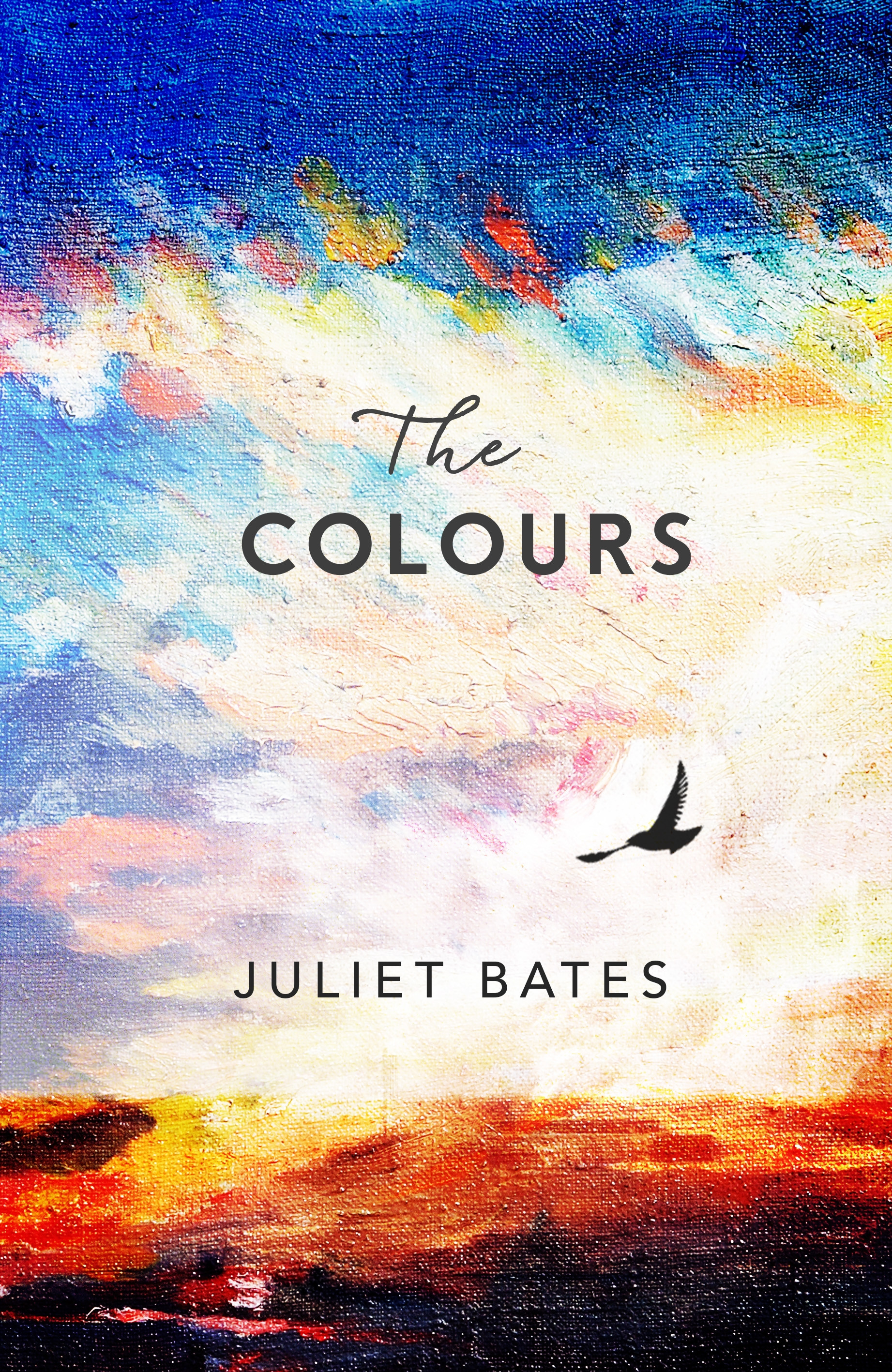 Juliet Bates hails from the North East of England and lives in France teaching art at the Ecole des Beaux-Arts in Caen in Normandy. Her debut novel The Missing was published in 2009 on Linen Press, her short fiction has appeared in various publications.
Bates' latest novel The Colours is out now on Fleet Reads, an imprint of Little Brown. This sweeping novel features a mother and son separated in the early 1900s. With its rich visual descriptions the novel is an exploration of looking differently at our surroundings and relationships to place.
Juliet Bates hails from the North East of England and lives in France teaching art at the Ecole des Beaux-Arts in Caen in Normandy. Her debut novel The Missing was published in 2009 on Linen Press, her short fiction has appeared in various publications.
Bates' latest novel The Colours is out now on Fleet Reads, an imprint of Little Brown. This sweeping novel features a mother and son separated in the early 1900s. With its rich visual descriptions the novel is an exploration of looking differently at our surroundings and relationships to place.
Juliet, your latest novel The Colours has just come out, what’s it about?
The Colours is a novel about a mother and a son, Ellen and Jack. Despite their intimate connection they’re separated for most of the novel which explores Jack’s slow reconciliation with his mother’s condition and, not unconnected to his mother, Jack’s reconciliation with his hometown and the landscape and environment around it. That’s at the centre of the novel, the people part.
And the non-people part?
The town itself is a fairly important character and I was interested in the way in which the environments and landscapes changed over the period of the 70 years of the novel: socially and geographically. It’s also a novel about looking. Looking in the context of being an artist in Jack’s case and in terms of Ellen and her synesthesia. Ellen sees things in a slightly oblique, strange, oddly coloured way. I suppose it’s also a book about the way in which people perceive the same things differently. In this novel you have these two characters in parallel seeing this landscape and environment in very different ways.
So there’s a connection to your last novel, The Missing, when it comes to themes of people’s ways of processing and perception?
Yes, and understanding things that have happened in the past in various different ways, which I hadn’t picked up on when I was writing The Colours, but there you go!
Well now we’re all cooped up in our homes it’s a great time to release a book about seeing things differently.
Absolutely. Everyday I get emails from students sending me pictures of stuff that they’ve been doing and it’s great. I hope that other people are doing the same, where they’re nudged into creativity using a very minimal amount of materials and things they’ve got to hand. I sense that a lot of people, not just my students, are experimenting and being inventive. I’m sounding very positive, but I think that’s true!
Maybe now everyone’s had a drop in quantity of visual input they’ll think about ways of upping the quality?
Let’s hope so, we’ll see how it goes! That’s something that Jack talks about himself in the novel where he tries to get students to look more and look closer and look better and it would be nice if people did that. I take the train to work and on French trains there are blinds, and people pull the blinds down! I find that…
…Unforgiveable!
I know! I don’t understand it at all so the book is an attempt to encourage people to keep the blinds up.
Can you tell us a bit about your career and how you came to write novels?
I have spent all of my adult life in art schools in one way or another. I studied Graphic Design, although I was never a graphic designer. I worked as an illustrator for a while. I did an MA in art-history and I started teaching fairly early on in Britain. I then moved to France and started teaching in France. I started writing just after moving to France, in 2003/2004 and I had my first piece published in 2005. I think the writing in English really came as a consequence of living in France and struggling with the French language and English became this space that I could feel comfortable with.
Like a linguistic refuge? Did you speak any French at all before you went to France?
Yes, I did. But when you’re working you then you realise the enormity of the task, you realise how much you don’t know! I think I still struggle, after 20 years. I live with an English person and I work with, oddly, I happen to work with a lot of English speaking colleagues, which doesn’t help. French has always been a bit of a struggle for me.
But it helped you develop your English?
Very much so, yes. It gives you an awareness of how a language functions and I went to school in the 70s when we didn’t do anything to do with grammar, and very little to do with punctuation. It was a huge learning curve for me to properly learn a language.
In a way, when you learn a second language you also re-learn your first language.
Yes, certainly. And I was widening my vocabulary. You become aware of language in a way that you weren’t aware of it when living in your own country. On top of that you have the added benefit of learning culturally, learning about other writers for example. I would have probably written stuff had I stayed in Britain but I think it was more of an imperative in France, it became more important, I became more motivated to do it.
Your new book The Colours is steeped in art and visuals, was it a challenge to be writing about art?
It came fairly naturally to me, I don’t think I would have been able to write in any other way. That comes from the Art History background where you spend a long time writing about paintings. The issues begin when I stand and stare at things too long which means the pacing slows down quite a bit. I also felt I wanted to write a lot about the technical aspects of painting. And once the novel went to Rihannon, my editor, it needed to be pruned of those bits.
What sort of technical details?
Oh I had a whole scene, page after page of stretching canvases and working on two at the same time because the oil paints dry slowly so you need to work on several paintings at the same time. Or mixing paint: what sort of surface do you mix paint on? I have friends who use glass because it’s a very smooth surface to mix paint on and what colours do you want to mix and then again what paint brush sizes and diluting, how much do you dilute the paint? Do you want something watery, or more thick, even moving your body or moving your arm when you’re painting, depends very much on the quality of the thickness of the paint that you’re using. I had all this stuff!
I guess if you have such a sense for the technical intricacies and the really dense visual descriptions it must be easy to forget that there’s a plot!
I think that’s certainly true! I don’t know whether I should say this, but I didn’t plot the novel really, I just sort of started writing and let it develop in its own way. Obviously I got excited about long passages of description.
That’s where editors come in handy!
Exactly, and you’re always in that half way mode of thinking ‘yes well, they’re right’ and ‘aaaaarrghh!’.
But how will people understand how to stretch a canvas?!
Exactly! It feels important! To be fair my editor was very sensitive and it was always ‘if you want to’ or ‘if you think it’s a good idea’ and I think knowing that it was a bit loosely plotted it was a good idea to tighten some of those things up. They did slow things down quite a lot, so I’m happy with it.
Now our final question: Lockdown Literature, what are you reading right now?
Ok I am embarrassed about this…I’m in a writing mode at the moment. A lot of my reading happens on the train when I go to work. I have a 40 minute journey which is perfect for proper reading and I’ve missed that since the lockdown. I find it very difficult to read another novel at the same time as writing my own novel. I had a whole year of proper reading last year and up until the point when I started writing the novel.
And once you’re writing you steer totally clear of any other books?
Now I’ve got three novels by the side of my desk, which are like talismans for me. One of them is Brighton Rock by Graham Greene, just so good. And another is Virginia Woolfe’s Mrs Dalloway, and Herta Müller’s The Appointment. And I dip into them, open a page randomly and read a passage. Sometimes I read a passage aloud, because it helps one understand the language or understand the structuring a bit better or the pacing or whatever.
Aha, they’re your literary muses!
They’re my muses! And I also noticed, I have Atonement by McEwan, which is the period that I’m dealing with, which is why it’s sitting on the desk. I’m also in the process of reading a biography of Oswold Mosley which is called Black Shirt: Oswold Mosley and British Fascism, and it’s by Steven Dorril.
Oh a nice bit of light bedtime reading…
Oh yes, the intricacies of British government in the 1920s and 30s…
That’d send anyone to sleep!
I can do about two or three pages at a time! It gets a bit more racy when he moves onto Mosley’s affairs but it’s pretty dense stuff. And that is research for the book which I’m trying to write, for which I manage a paragraph a day at the moment.
Another book set in the first half of the 20th century then?
The 20th century is the place I want to be, so it’s another 20th century novel. I vowed I would not do what I did with The Colours which caused me a bit of trouble which was dealing with such a long period of time because that caused me difficulty with pacing. So this novel is set in a single year, 1936.
Would you only write about the first half of the 20th century?
Well or the second half, but it would always have to be before I was born. As soon as it gets to the point where I was born I can’t handle it. Contemporary life: I can’t handle it! I don’t want to be the subject of my own novel so it always has to be before. I think it’s about trying to work out where you come from, what’s the world you came out of?
Thanks very much to Juliet for talking to us, and the ongoing pleasure of being her literary agents. The Colours is out now on Fleet Reads. Interview edited for clarity.
Robert O'Connor's first book Blood and Circuses charts his journeys through the former Soviet Union and Yugoslavia, looking at how football culture is tied up with ideas of nationhood, history, and power. For the Artellus blog, Robert talks about how he went from rookie sports journalist in the UK to writing a book about footballing culture in remote corners of Eastern European. Blood and Circuses is out now on Biteback Publishing, and can be purchased here.
